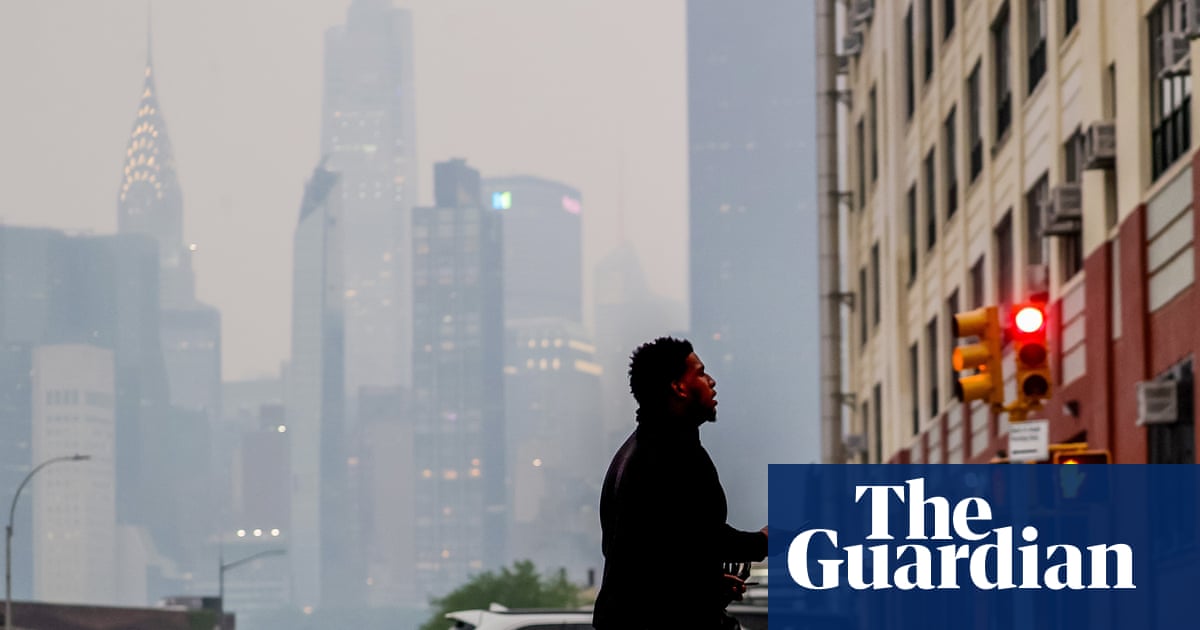
"Efforts to improve the climate could reduce the number of deaths caused by air pollution in the US by about 6,000 people a year by 2030, according to a study. If action is not taken, the situation is predicted to worsen. This is because of a growing and ageing population who are more vulnerable to the impacts of air pollution, resulting in nearly 13,000 increased air pollution deaths in 2030 compared with 2015."
"The research, led by Princeton University, looked at pollution sources and population. These revealed health gains from climate actions across every US state and, more locally, in nearly every US county. Climate actions are often framed around targets that are several decades away. Yet it is increasingly clear that reducing fossil fuel combustion will bring immediate benefits for the issue of air pollution."
"Policies and actions included more renewable energy, such as wind and solar power; increased uptake of electric cars; and the electrification of freight trucks. They also included reductions in vehicle miles travelled as well as gains from low- and zero-emission zones and decongestion charging, such as the successful scheme in New York. As in many parts of the world, decarbonising US buildings is challenging, although heat pumps outsold fossil gas boilers in the country in 2023. Dr Wei Peng said: Figuring out how to leverage and combine actions to maximise local benefits will be important to promote widespread public support for this transition. With a focus on the health benefits, our study aims to offer insights into this"
Climate actions reducing fossil fuel combustion could lower US air-pollution deaths by roughly 6,000 annually by 2030, while demographic change could increase deaths by nearly 13,000 versus 2015. Health improvements occur across every US state and nearly every county. Ambitious policies such as expanding wind and solar, accelerating electric vehicle adoption, electrifying freight, reducing vehicle miles travelled, and implementing low- and zero-emission zones and decongestion charging yield immediate air-quality benefits. Decarbonising buildings remains challenging despite heat pumps outselling gas boilers in 2023. Maximising local co-benefits and combining measures will be important to drive public support for the transition.
Read at www.theguardian.com
Unable to calculate read time
Collection
[
|
...
]